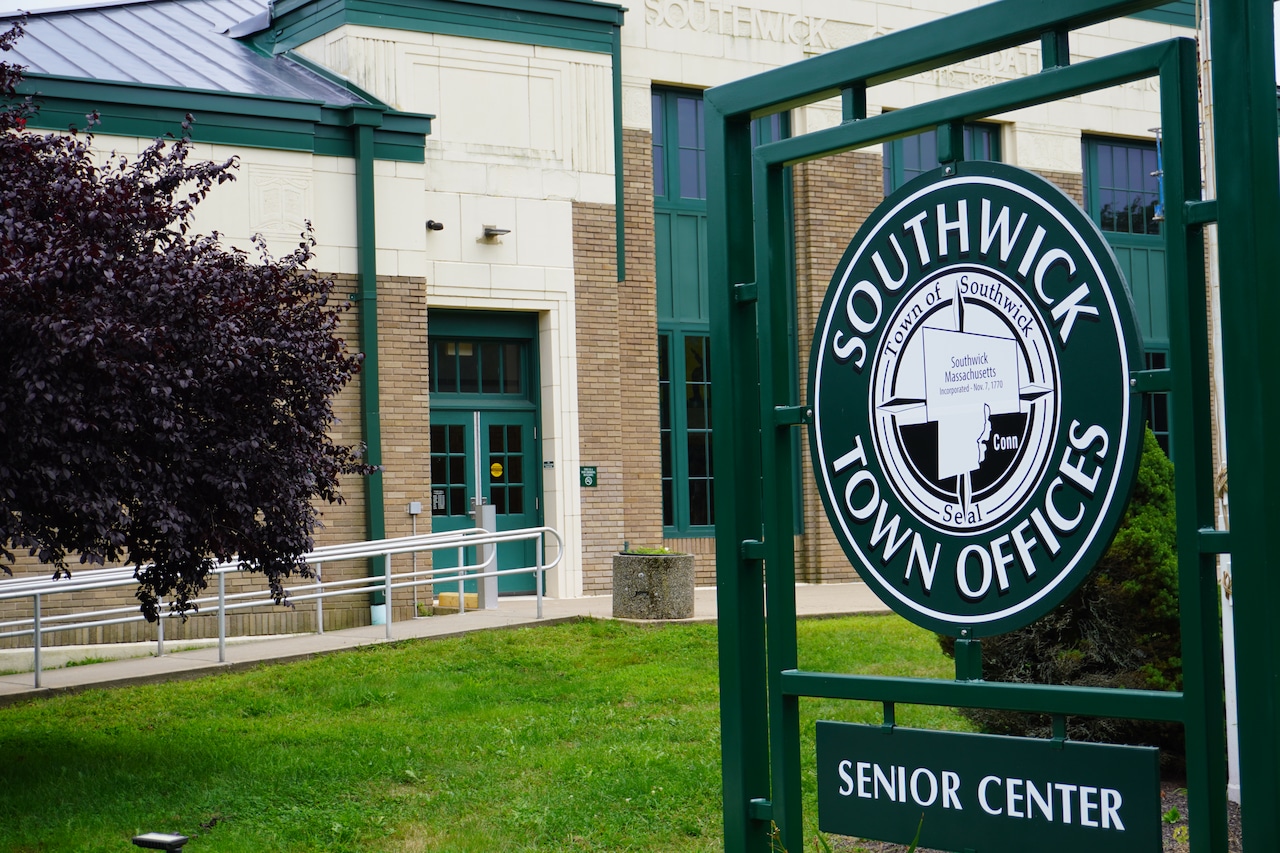
The dreaded day (for some) is almost here.
Longer evenings are almost over as this is the weekend when clocks will change from daylight saving time to standard time.
Daylight saving time, which begins on the second Sunday in March each year will end on the first Sunday of November, when people will set their clocks one hour back.
In 2023, that means the clocks change on Sunday, Nov. 5, at 2 a.m. — this coming weekend. The time marks the start of standard time — which will actually be 1 a.m. once the adjustment is made.
Daylight saving time will resume on Sunday, March 10, 2024, at 2 a.m., when clocks will be set forward an hour. Fall back, spring ahead, as the saying goes.
The changing of the clocks has been pretty unpopular. Two states — Hawaii and Arizona — already have opted out of using daylight saving time at all. Both states opted out— Hawaii in 1967 and Arizona in 1968 — because they already had plenty of daylight, according to Readers Digest.
Efforts have been underway to eliminate the change of the clocks in general, but one problem is disagreement over whether daylight saving time should be permanent or standard time.
At the federal level, U.S. Sen. Marco Rubio reintroduced the Sunshine Protection Act earlier this year, which would create a permanent daylight saving time.
- Read more: Daylight saving time: When to change the clocks as dueling bills push to end the practice
“This ritual of changing time twice a year is stupid,” Rubio said in a statement on his website. “Locking the clock has overwhelming bipartisan and popular support. This Congress, I hope that we can finally get this done.”
Meanwhile, in Massachusetts, state Rep. Angelo Puppolo Jr. of Springfield has sponsored a state-level bill, that would also end the practice of switching clocks, but it would keep standard time rather than daylight saving time.
The bill, H.3103, has been referred to the Joint Committee on State Administration and Regulatory Oversight.
Both bills face an uphill climb to get passed.
Standard time used to stretch for more of the year, but a change happened with the Energy Policy Act of 2005. A provision in that law authored by U.S. Sen. Edward Markey, D-Mass., then a U.S. Representative, enacted the extension of daylight saving time.
Markey partnered with U.S. Rep. Fred Upton, R-Mich., to write the provision, which amended the Uniform Time Act of 1996 to increase daylight saving time and reduce standard time.
The new dates for clock changes first took place in 2007.





